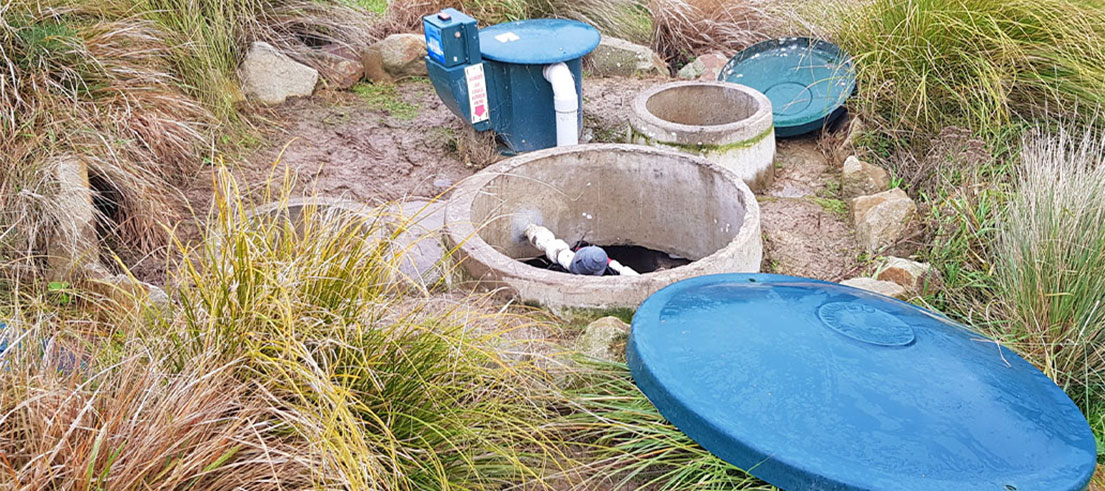
New guidance for rural wastewater treatment
We've published new guidance to help people understand wastewater treatment systems, with advice on consent requirements and what you need to know if buying property that has or will need a wastewater treatment system.
Living outside of a main population centre often means not only sourcing your own drinking water, but also finding a safe way to treat and dispose of household wastewater.
We’ve recently published some new guidance on wastewater treatment systems.
There you can find more information about the different types of wastewater treatment system, the Permitted Activity rules under which these systems can operate without resource consent, more tips for maintaining your wastewater treatment system, and a guide to buying or selling property with a wastewater treatment system.
Wastewater treatment
Most dwellings in Canterbury not connected to a reticulated sewerage system will have what’s known as an on-site wastewater management system. The most common system for single households is a septic tank and land application system, but there are a range of different primary and secondary treatment systems available.
While systems can differ in design and capacity, they all serve the same purpose – ensuring that wastewater is managed effectively to prevent degrading water quality, which can lead to significant cultural impacts and affect local drinking water supplies and the local environment.
Maintaining your wastewater treatment system
Leaky and poorly maintained systems can allow improperly treated wastewater to escape into the nearby environment – potentially endangering your health.
Most systems will require a regular inspection and maintenance at least every 12 months, and primary treatment systems like septic tanks will need to have sludge and scum pumped out around once every three years.
However, if you notice an issue – like a sewage overflow, murky or smelly puddles around your treatment system, or even a broken tank lid – you should get your system inspected immediately by a suitably qualified technician.
Buying or selling land or property
Before you buy a property or piece of land you intend to build on, check if it’s connected to a reticulated system.
If it’s not and there is an on-site wastewater management system, you’ll need to check with a lawyer or estate agent whether there is an existing system, if it is consented, and how it's been maintained.
If there is no wastewater management system, you'll have to determine whether you can meet Permitted Activity rules or require resource consent.
